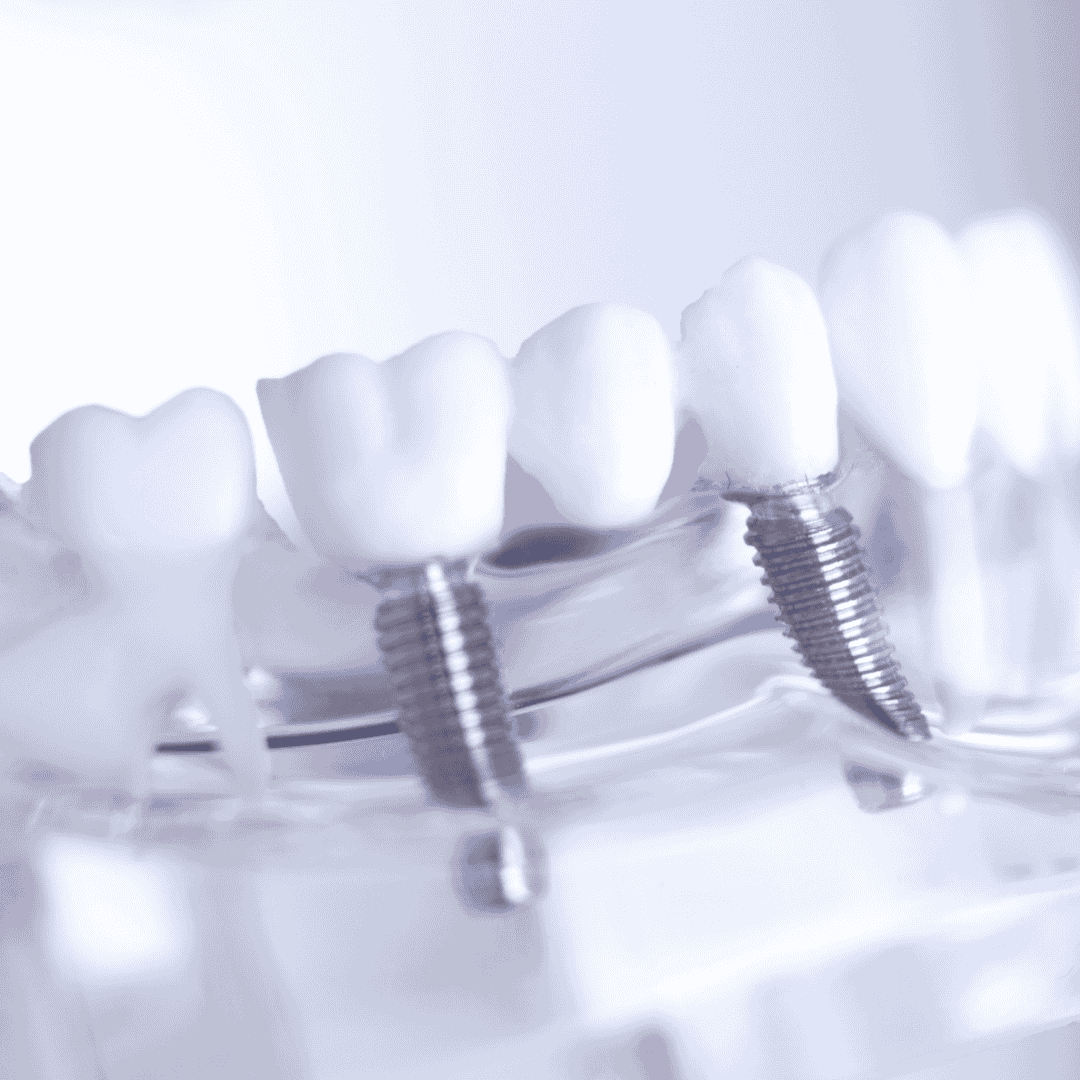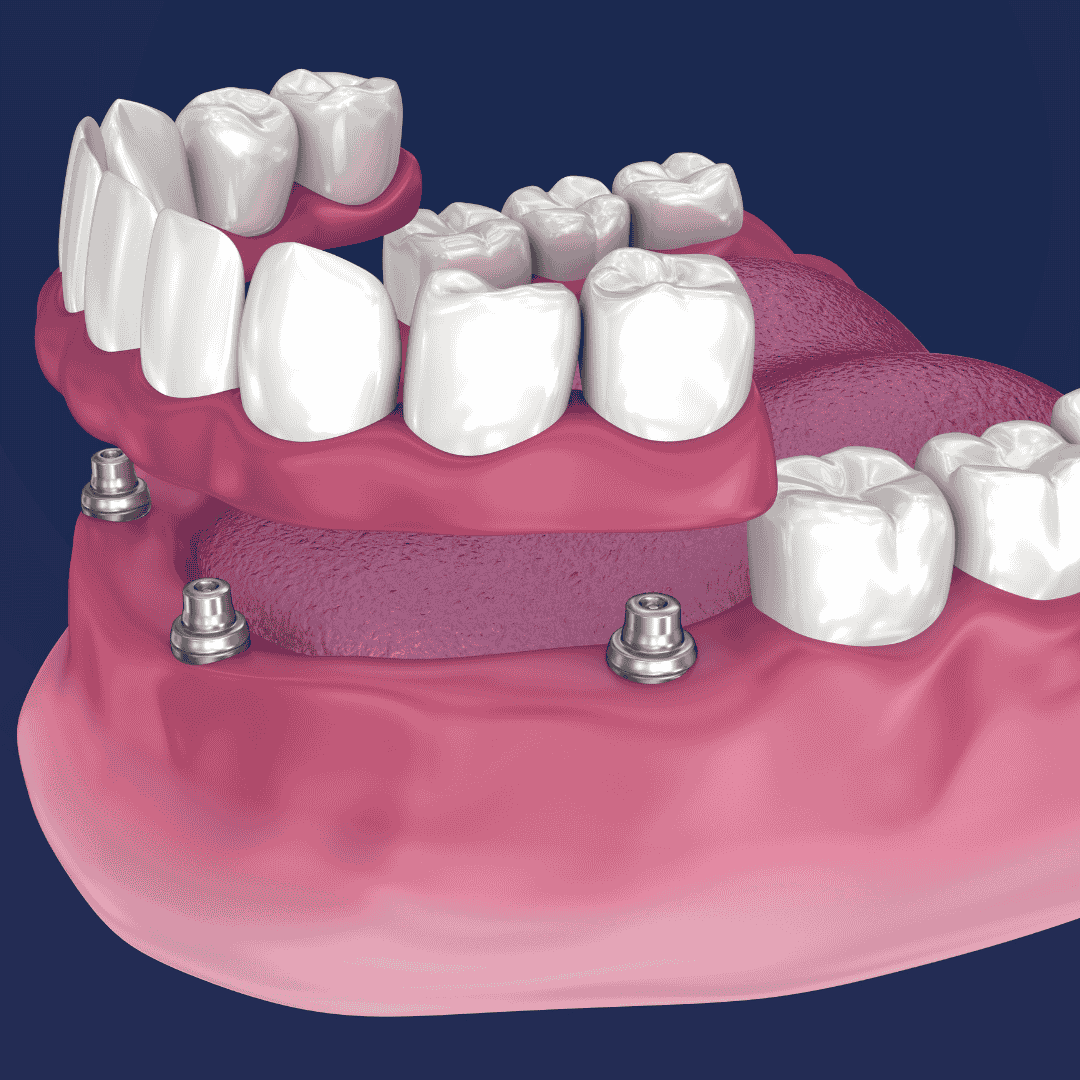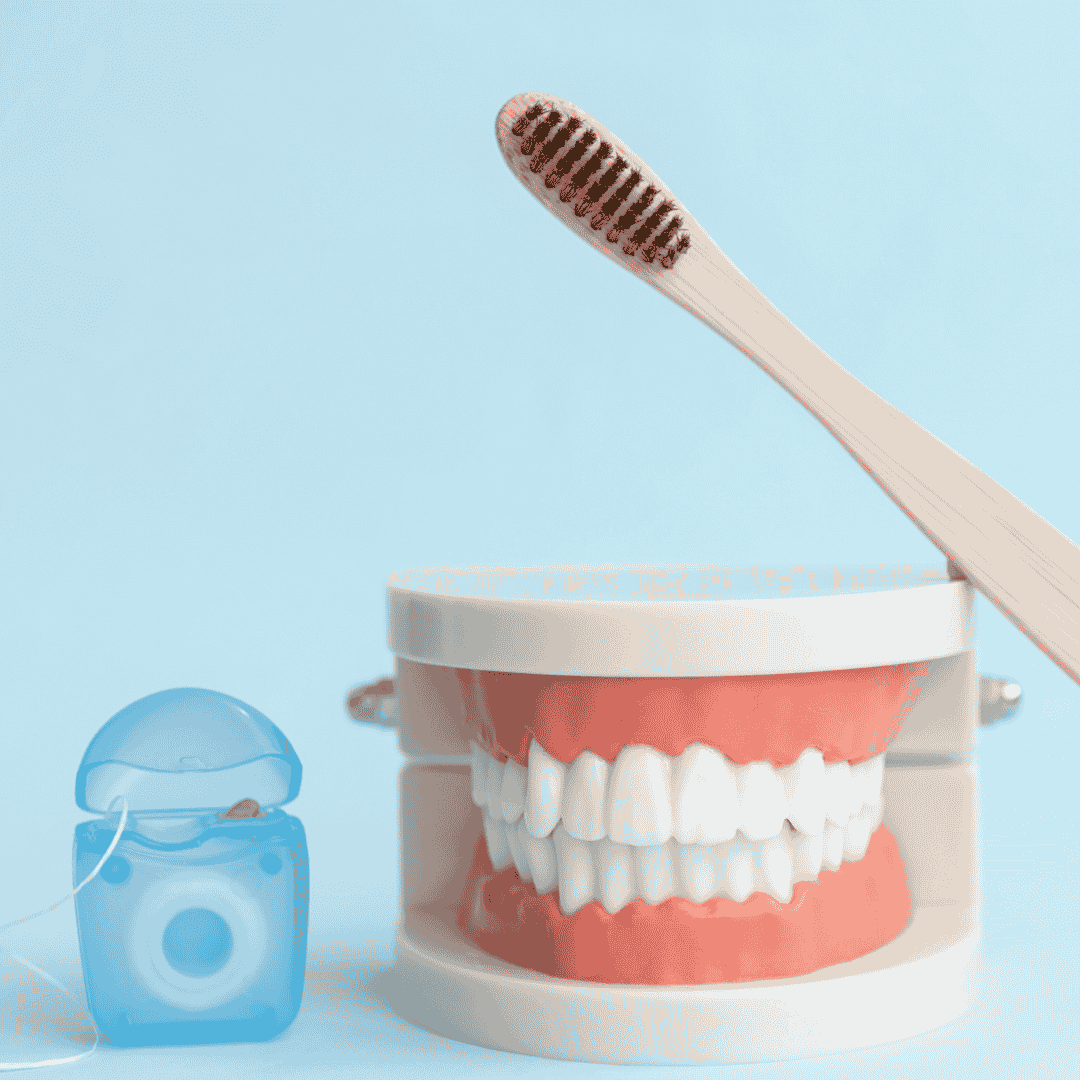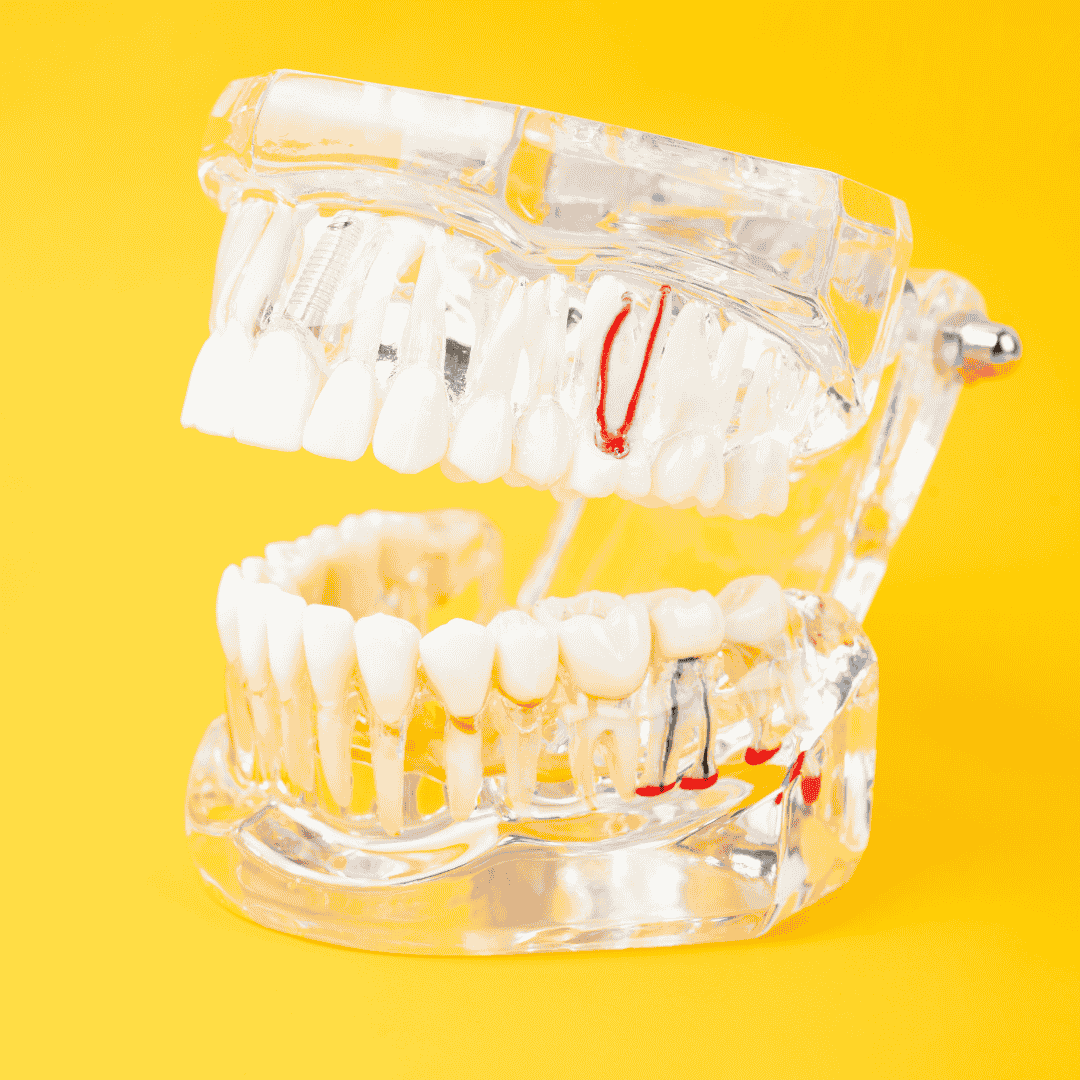
Key Insights at a Glance
- Dental implants in Colombia cost 50–70% less than in the U.S.
- Options include All-on-4, full mouth implants, and zirconia implants.
- Clinics adhere to international safety standards, ensuring safe procedures.
- Procedures are typically completed in 3–6 months with fewer visits.
- Full-mouth dental implants can save you up to $25,000 compared to U.S. costs.
Dental Tourism in South America
Dental tourism in South America, especially in Colombia, is booming. Patients from the United States and other regions now choose Colombia not only for its affordable prices but also for its exceptional dental implant treatment. With dental implants cost up to 70% lower than in the United States, Colombian clinics have emerged as one of the best treatment destinations in South America. In addition to affordability, patients enjoy personalized smile design, high-quality Dental Crowns, and even options for a Porcelain Bridge when a dental bridge is necessary. This comprehensive guide explains why Colombia is recognized as a leader in dental implant surgery and offers everything you need to know to make an informed decision.
Why Choose Colombia for Dental Implants?
Affordability and Quality in South America
Colombia’s reputation for providing affordable dental implants is backed by impressive savings. Dental implants in Colombia cost 50–70% less than similar treatments in the United States. For example, a Single Implant procedure might cost between $1,200 and $1,800, while the same treatment in the United States can range from $3,000 to $6,000. These affordable prices do not compromise quality. In fact, many clinics use the latest technology and follow strict international safety standards, ensuring both cost-effective dental implants and the best dental implant cost outcomes.
Advanced Technology and Skilled Professionals
Colombian clinics employ modern technology—from 3D imaging and guided surgery to the latest techniques in bone regeneration and bone grafts. These advances ensure that there is enough bone available even for patients who need additional procedures such as bone grafts, sinus lift, or bone growth stimulation. Skilled dentists and dental surgeons in Colombia, including those in Cali, Colombia and Medellin, Colombia, are well-versed in innovative treatments like Zygomatic Implants for patients with compromised bone structure in the upper jaw or lower jaw.
Comprehensive Treatment Options
Patients can choose from a wide range of treatment options:
-
Titanium Dental Implants: The most common choice due to their durability and success rate.
-
Zirconia Dental Implants: A metal-free option, ideal for patients with periodontal disease or metal allergies.
-
All-on-4 Dental Implants: Using four implants to support an entire arch, this method offers a quick, cost-effective solution.
-
On 6 Dental Implants: For patients needing a more stable solution for the upper jaw, this option provides robust support.
-
Dental Bridge and Acrylic Bridge Solutions: In cases where dental implants are not feasible, options like a dental bridge or an Acrylic Bridge are available, offering a temporary or permanent solution.
-
Porcelain Crown and Porcelain Bridge: For enhanced aesthetics, many clinics offer porcelain-based restorations as part of smile design.
Each of these treatments is customized based on the patient’s needs, ensuring a personalized approach to oral rehabilitation.
An Attractive Destination for Recovery in South America

Colombia is not just about great dental care; it’s also about an exceptional user experience. Patients can take advantage of direct flights from the United States and enjoy a recovery period in a warm climate with English-speaking staff available. From the vibrant culture of Bogotá to the scenic beauty of Medellin, Colombia offers a complete package—high-quality treatment at affordable cost paired with an enriching travel experience.
Average Cost of Dental Implants in Colombia
Cost transparency is key when choosing dental implant treatment. Below is a detailed breakdown of the average cost of various dental implant procedures in Colombia compared to the United States.
| Procedure | Cost in Colombia (USD) | Cost in the United States (USD) | Savings |
|---|---|---|---|
| Single Implant (with crown) | $1,200 – $1,800 | $3,000 – $6,000 | Up to 70% |
| All-on-4 Implants | $7,000 – $12,000 | $24,000 – $30,000 | Up to 65% |
| Full Mouth Restoration | $15,000 – $25,000 | $45,000 – $60,000 | Up to 60% |
| Dental Implant Cost (general average) | Varies (see details below) | Varies | Significant |
Note: These are average prices. Final costs may vary depending on individual cases.
Factors Influencing Cost
-
Clinic Location: Prices in major cities like Bogotá and Medellin, Colombia may be slightly higher compared to smaller cities due to higher operational costs.
-
Materials and Brands: The choice between titanium and zirconia implants, and even premium brands like Nobel Biocare, can affect the overall cost. Nobel Biocare products are renowned for their reliability and performance.
-
Procedure Complexity: Additional procedures such as bone grafts, sinus lift, or even Zygomatic Implants may be necessary if there is not enough bone. These additional costs are reflected in the final dental implant cost.
-
Additional Costs: While the base cost is low, patients should consider any additional costs, such as follow-up care, dental crowns, or extra imaging tests.
Financing Options and Payment Plans
Many clinics in Colombia offer financing options to help patients manage the cost of dental implant treatment. These options make it easier for international patients to take advantage of the affordable prices without a significant upfront investment.
Did You Know?
Colombia ranks among the top countries for medical tourism, thanks to its high standards of care and competitive prices. Dental implants are among the most sought-after treatments by international patients.
Overview of Dental Implant Options and Techniques
Understanding your dental implant treatment options is crucial. In Colombia, patients can select from several advanced implant systems and techniques.
Types of Dental Implants Available
1. Titanium Dental Implants:

Titanium implants are widely used due to their long-term success and durability. They act as an artificial tooth root, allowing for secure attachment of Dental Crowns and other restorations.
2. Zirconia Dental Implants:

An excellent option for patients with metal allergies, zirconia implants offer superior aesthetics for smile design, especially in the front region.
3. All-on-4 Dental Implants:

All on 4 Dental Implants method uses four strategically placed implants to support a full arch of teeth, providing an effective and permanent solution for tooth loss.
4. All On 6 Dental Implants:

In some cases, patients may benefit from having all on 6 Dental Implants installed, particularly when extra stability is needed in the upper jaw.
5. Zygomatic Implants:

For patients with severe bone loss, especially in cases where there isn’t enough bone in the upper jaw, Zygomatic Implants offer a viable alternative by anchoring in the cheekbone.
Benefits of Dental Implants in Colombia
1. Long-Term Success:
With proper maintenance, dental implant treatment can offer long-term success. Clinics focus on using procedures that ensure bone regeneration and the integration of the implant with enough bone.
2. Restoration of Function and Aesthetics:
Dental implants restore chewing ability and provide a natural look that supports overall smile design. They are considered the best dental implants option for many patients looking for a permanent solution.
3. Enhanced Oral Health:
Unlike dentures or bridges that may require a dental bridge to cover gaps, implants help maintain the jawbone’s integrity and support oral rehabilitation.
4. Comprehensive Treatment Plans:
Whether you require a Single Implant, a full-mouth restoration, or options like an Acrylic Bridge as part of cosmetic dentistry, Colombian clinics tailor their treatment plans to ensure the best outcomes.
The Dental Implant Procedure in Colombia
A clear understanding of the dental implant procedure helps ease patient concerns. Here’s an in-depth look at each stage of the process.
1. Initial Consultation and Assessment
The process begins with a comprehensive evaluation at a modern clinic. During this stage, your dental surgeon will:
-
Conduct a complete dental examination, including X-rays and 3D imaging (CT scans) to check for enough bone and assess any need for bone grafts.
-
Evaluate your overall oral health and review any history of periodontal disease.
-
Discuss your smile design goals and the possibility of integrating treatments like Dental Veneers or a Porcelain Crown for optimal aesthetics.
-
If required, recommend adjunct procedures such as a sinus lift or bone graft to ensure there is sufficient bone for implant placement.
2. Implant Placement Surgery
Once your treatment plan is finalized, the dental implant surgery begins:
-
Surgical Phase: Under local anesthesia, your dental surgeon places the implant (either titanium or zirconia) into the jawbone. If you have issues with tooth loss or lack of bone growth, adjunct procedures like bone grafts or sinus lift may be performed during the same visit.
-
Integration Period: The implant then undergoes osseointegration, a healing period that typically lasts 3 to 6 months. This period allows for bone regeneration around the implant, ensuring a strong and stable artificial tooth root.
-
Special Considerations: For patients needing on 6 Dental Implants or even Zygomatic Implants, the surgical procedure is carefully planned to maximize stability, especially in cases involving the upper jaw or lower jaw.
3. Abutment and Crown Placement
After successful osseointegration:
-
An abutment is attached to the implant, serving as a connector for the final restoration.
-
A custom-made Dental Crown, often made of porcelain for optimal smile design, is then affixed.
-
In cases where a full arch is restored, procedures like All-on-4 or full-mouth dental implant treatments are completed.
-
Alternative solutions like a dental bridge, Acrylic Bridge, or Porcelain Bridge can be offered if needed.
4. Post-Operative Care and Follow-Up
Post-surgery, patients are provided with detailed aftercare instructions to maintain hygiene and promote bone regeneration. Regular follow-up appointments ensure that the implant is healing correctly and that there are no complications. This stage is crucial for ensuring long-term success and permanent solution for tooth loss.
The Best Dentists and Clinics in Colombia

Selecting a highly qualified dental surgeon is critical to achieving the best treatment outcomes. In Colombia, many clinics are renowned for their use of modern technology, skilled dentists, and exceptional patient care.
Top Dentists in Colombia
1. Dr. Juan Fernando Uribe Saldarriaga (Bogotá, Colombia)
Dr. Juan Fernando Uribe Saldarriaga is an experienced and highly trained dental specialist based in Bogotá, Colombia. Known for his expertise in dental implant surgery, Dr. Uribe specializes in both titanium implants and advanced procedures such as bone grafts and sinus lifts. He frequently uses Nobel Biocare products to ensure long-term success and a permanent solution for tooth loss. With a reputation for high-quality care, Dr. Uribe combines skill and cutting-edge technology to deliver exceptional results in dental implants and oral rehabilitation.
2. Dra. Carolina Hurtado (Chia, Cundinamarca, Colombia)
Dra. Carolina Hurtado is a highly skilled dental professional based in Chia, Cundinamarca, Colombia. Specializing in dental implants and smile design, Dra. Hurtado offers personalized treatment plans tailored to each patient's needs. Her clinic provides advanced dental implant options, including titanium and zirconia implants, as well as cosmetic enhancements. With a focus on patient comfort and high-quality care, Dra. Hurtado ensures that every patient receives a permanent and aesthetically pleasing solution for tooth loss.
3. Dr. Johanna Calderon (Colombia)
Dr. Johanna Calderon is an experienced dental professional specializing in esthetic dentistry and specialized dental procedures. With extensive experience in smile design and comprehensive oral rehabilitation, Dr. Calderon offers advanced dental treatments, including dental implants, porcelain crowns, and cosmetic enhancements. Known for her attention to detail and artistic touch, Dr. Calderon combines the latest technology with expert care to create beautiful, natural smiles while ensuring a permanent solution for dental patients.
Top Clinics for Dental Implants in Colombia
1. Carolina Hurtado Odontologia Integral (Chia, Cundinamarca)
Carolina Hurtado Odontologia Integral is one of the best dental clinics in Chia, Cundinamarca, Colombia. With state-of-the-art technology and a focus on patient-centered care, this clinic provides affordable dental implants and other advanced dental procedures, ensuring long-term success and beautiful results. The clinic offers a comprehensive range of services, from dental implant surgery to smile design, making it a trusted option for both local and international patients.
2. Clinica Uribe (Bogotá, Colombia)
Clinica Uribe, located in the heart of Bogotá, Colombia, is a renowned dental clinic founded by Dr. Juan Fernando Uribe Saldarriaga. With extensive experience in dental implant treatment, Dr. Uribe and his team offer world-class dental care using the latest technology and techniques. The clinic is well-known for providing high-quality, affordable dental implants, ensuring patients receive the best dental implant treatment, including options like All-on-4 and Single Implant procedures.
3. Dental Center (Medellín, Colombia)
Dental Center, located in Medellín, Colombia, provides cutting-edge dental technology and innovative treatments. The clinic is dedicated to providing exceptional dental implant care, focusing on long-term success and aesthetic results. Known for their caring and healing touch, the doctors at Dental Center offer treatments that include dental implants, bone grafts, smile design, and porcelain crowns, ensuring an outstanding user experience and the best dental implants in the region.
Patient Reviews and Success Stories

Real patient experiences offer valuable insights into the quality of dental implant treatment in Colombia. Below are some success stories that highlight the transformative impact of these procedures.
Patient Testimonials
1. Jordon. (United States):
“I opted for an All-on-4 procedure in Medellin, Colombia, and my smile has been completely transformed. The dental implant cost was a fraction of what I would have paid in the United States. The entire process—from bone grafts to the final placement of my porcelain crown—was smooth and efficient.”
2. Maria Linga. (United States):
“My treatment in Bogotá exceeded my expectations. I had a single implant placed after undergoing a sinus lift. The clinic’s English-speaking staff made the experience comfortable, and my smile design turned out better than I had imagined. The affordable prices and skilled dentists truly set this experience apart.”
3. Johnson. (Europe):
“After years of dealing with tooth loss and poor oral rehabilitation, I finally received a permanent solution with full-mouth dental implant treatment in Colombia. The clinic used modern technology and even performed bone grafts to ensure enough bone for a successful implant placement. I couldn’t be happier with the result!”
Review Aggregation
Many dental clinics in Colombia receive high ratings on independent review platforms. Consistently, patients praise the clinics for their:
-
Safety and Sterilization Standards:
Rigorous protocols, including regular sterilization checks and state-of-the-art art facilities, ensure safe dental implant surgery. -
Quality of Materials:
High-quality products, such as Nobel Biocare implants and high-grade porcelain for Dental Crowns, are commonly mentioned. -
Aftercare and Follow-Up:
Comprehensive support throughout the recovery period enhances the overall user experience.
Travel, Accommodation, and Local Logistics
Dental tourism in Colombia not only offers excellent treatment outcomes but also an opportunity to explore a vibrant country. Here’s how to plan your journey for dental implants in Colombia.
Pre-Treatment Travel Planning
-
Visa and Entry Requirements:
International patients from the United States and other regions can often enter Colombia without a visa. Always check current travel guidelines before departure. -
Direct Flights:
Many airlines offer direct flights to major cities like Bogotá, Medellin, and Cali, making travel convenient and stress-free. -
Travel Insurance:
It is recommended to obtain travel insurance that covers dental implant surgery and any additional costs that may arise.
Accommodation Options
-
Hotel Packages:
Several clinics partner with local hotels to offer recovery-friendly accommodations at affordable prices. These packages often include transportation between the clinic and your hotel. -
Clinic-Provided Accommodation:
Some clinics offer on-site or nearby lodging, ensuring that patients receive timely follow-up care. -
Exploring Local Attractions:
While you recover, enjoy the cultural richness of Colombia. Visit historical sites, enjoy local cuisine, or simply relax and focus on your oral rehabilitation.
Local Support and Cultural Experience
-
English-Speaking Staff:
Many dental clinics employ English-speaking coordinators to assist international patients, ensuring smooth communication throughout the treatment process. -
Tourist Services:
Clinics often help arrange guided tours and cultural excursions, so you can enjoy your stay in Colombia. -
Emergency Contacts:
Clinics provide local emergency numbers and support services to ensure your safety during your dental implant journey.
Frequently Asked Questions (FAQs)
1. How much are dental implants in Colombia?
Dental implants in Colombia typically cost between $1,200 and $1,800 per implant, including the crown. Procedures like All-on-4 implants may range from $7,000 to $12,000, while full-mouth restorations can be between $15,000 and $25,000. These rates represent significant savings compared to the United States.
2. Is it safe to get dental implants in Colombia?
Yes, dental implant surgery in Colombia is safe. Clinics adhere to strict international safety standards and use the latest technology—including guided surgery, bone grafts, and sinus lift procedures—to ensure a successful outcome. Many clinics also use Nobel Biocare products for enhanced reliability.
3. What treatment options are available for tooth loss?
Colombian clinics offer a variety of treatments, including:
-
Single Implant procedures for individual tooth replacement.
-
All-on-4 Dental Implants and on 6 Dental Implants for full-arch restorations.
-
Alternatives such as a dental bridge, Acrylic Bridge, or Porcelain Bridge when implants are not feasible.
-
Options for patients requiring additional support, such as bone grafts, sinus lift, or even Zygomatic Implants for cases with insufficient bone.
4. How long does the dental implant process take?
The entire process typically takes between 3 to 6 months, depending on the patient’s healing rate and the complexity of the case. This includes the initial consultation, any necessary bone grafts or sinus lift procedures, implant placement, and final placement of the abutment and Dental Crowns.
5. How do I choose the best treatment option?
Your dental surgeon will assess your oral health, check if you have enough bone for the implant, and discuss your smile design goals. This personalized consultation helps determine whether you need a Single Implant, All-on-4, on 6 Dental Implants, or alternative solutions such as a dental bridge or Acrylic Bridge.
6. What additional costs should I expect?
While the base cost of dental implant treatment in Colombia is significantly lower, be aware of any additional costs for procedures like bone grafts, sinus lift, or follow-up appointments. Many clinics provide transparent pricing and offer financing options to cover additional costs.
Additional Considerations in Dental Implant Treatment
Oral Rehabilitation and Long-Term Success
Achieving long-term success is essential. Dental implant treatment in Colombia focuses on providing a permanent solution for tooth loss while ensuring optimal oral rehabilitation. Patients benefit from careful treatment planning, the latest technology, and procedures designed to stimulate bone growth and regeneration. Whether you require additional procedures such as bone grafts or need assistance with periodontal disease, the approach is holistic and patient-centric.
Cosmetic Dentistry and Smile Design
A successful dental implant procedure is not only about function but also about aesthetics. Smile design plays a critical role in enhancing your overall appearance. Clinics often combine dental implant treatment with cosmetic dentistry options such as Dental Veneers and Porcelain Crowns to create a natural, attractive smile. For patients considering a dental bridge or even an Acrylic Bridge, a thorough smile design consultation ensures that all aspects of your smile are harmoniously balanced.
Specialized Treatments for Complex Cases
For patients with advanced needs:
-
Bone Grafts and Sinus Lift: When there isn’t enough bone for a secure implant, procedures like bone grafts and sinus lift can create the necessary foundation.
-
Zygomatic Implants: In cases where the upper jaw lacks enough bone, Zygomatic Implants offer an innovative solution by anchoring in the cheekbone.
-
Lower Jaw Considerations: For patients needing implants in the lower jaw, the treatment plan ensures there is enough bone and that proper techniques are used to prevent complications.
-
Use of Nobel Biocare Products: Many clinics in Colombia rely on Nobel Biocare products to achieve reliable, long-term success.
Next Steps if you have Decided to Travel to Colombia
Dental implants in Colombia present an unbeatable combination of affordable prices, high-quality care, and a comprehensive approach to treatment. With significant savings compared to the United States, advanced treatment options like All-on-4 and on 6 Dental Implants, and comprehensive services that include bone grafts, sinus lift procedures, and superior smile design, Colombia stands out as the best treatment destination in South America.?
Permanent Solution for your Tooth in 2025
Dental implant treatment in Colombia offers a permanent solution for tooth loss through advanced, affordable care. Whether you need a Single Implant, All-on-4, or even on 6 Dental Implants, the options are diverse and designed for long-term success. From procedures that incorporate bone grafts, sinus lift, and the latest technology in smile design to comprehensive packages that include travel, accommodation, and follow-up care, Colombia is well-equipped to meet the needs of every dental tourist.
With modern technology, skilled dentists, and a patient-focused approach, dental implants in Colombia are not just about restoring function—they’re about transforming lives. Enjoy the benefits of a beautifully restored smile with affordable dental implants, exceptional cosmetic dentistry, and state-of-the-art facilities that ensure you receive the best treatment available.
Transform Your Smile with Dental Implants in Colombia
If you are ready to transform your smile with affordable, high-quality dental implants in Colombia, contact us today. Schedule your consultation to explore personalized treatment options that cater to your specific needs. Embrace a new smile and a new experience—one that offers both exceptional oral rehabilitation and an enriching travel experience.


.png)



.png)










Share this listing